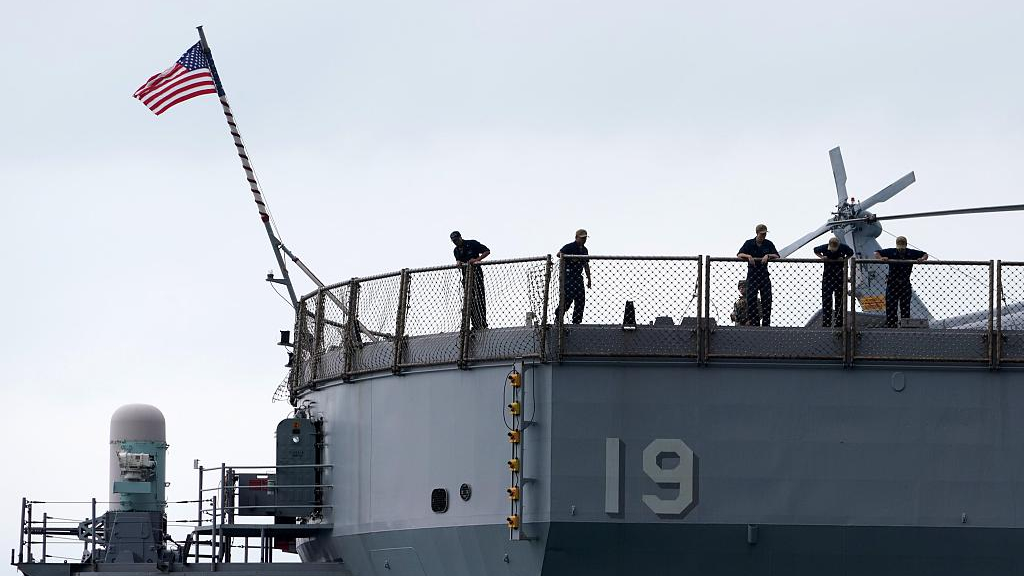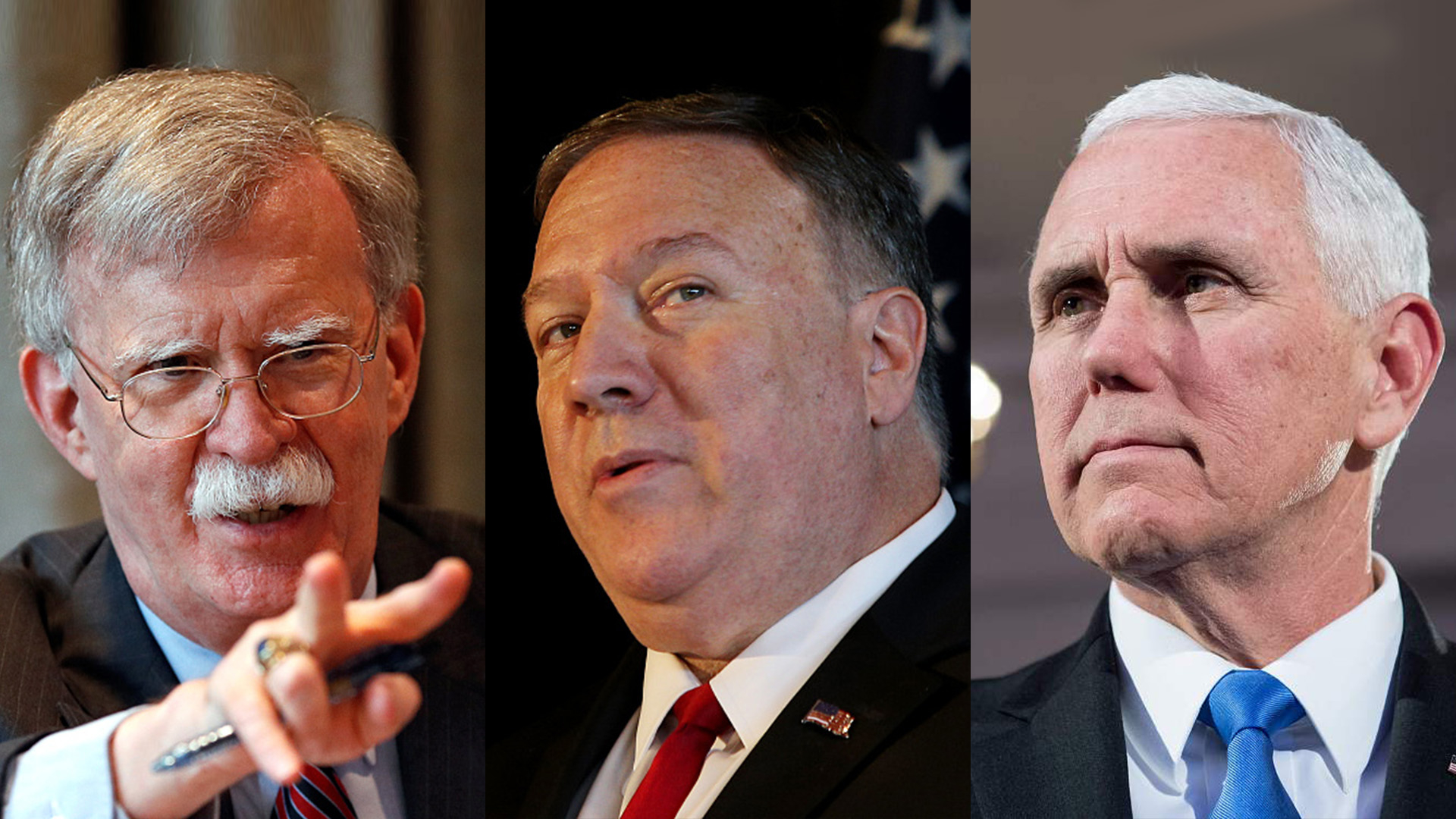

Editor's note: Tom Fowdy is a British political and international relations analyst and a graduate of Durham and Oxford universities. He writes on topics about China, the DPRK, Britain and the United States. The article reflects the author's opinions, and not necessarily the views of CGTN.
On August 28, news emerged that China had denied a request for a U.S. Navy ship to visit the eastern port of Qingdao over the weekend. While Beijing has not offered any comment on the incident, mainstream media in the United States linked the move to growing "tensions" between the two countries in the midst of an increasingly escalating trade war. Previously, visits to Chinese ports by American warships had been a common practice and token of goodwill, with the two countries, despite their differences, having engaged in annual military cooperation.
U.S. media and commentary seemed to use the event to portray China in a negative light as if this was an act of bitterness or bad faith on Beijing's part towards Washington. However, one thing should be made clear from this: Washington cannot have it both ways. If the United States is effectively treating China as an adversary and threatening its hegemony, shunning cooperation as "appeasement" and engaging in what could be seen as attempted military encirclement, then it cannot expect military privileges from Beijing. Such does not mean China doesn't want to be friendly to the United States, but it cannot be subservient to a country acting in a hostile manner.
China's denial of a U.S. visit to Qingdao should be viewed, firstly, in the light of America's unilateral policy shift under the Trump administration. Washington has been whipped into a frenzy against Beijing under the mantra of a reminiscent Cold War "China threat." Along with Trump's globally destabilizing trade war, American authorities have aggressively targeted ties with China in every single aspect by accusing a wide variety of figures, bodies, and organizations of espionage, blacklisting Chinese companies, and treating the country as a de-facto adversary. Given that China has traditionally approached relations with the United States through pragmatism, compromise, and a principle of upholding global stability, the shift has been one-sided.

National Security Advisor John Bolton(L), Secretary of State Mike Pompeo(C), and Vice President Mike Pence(R) are very vocal about their anti-China strategy. /VCG Photo
But of course, it doesn't end at home either. Such policies in Washington have translated into what China perceives to be an attempt at containment abroad, particularly in Asia, where U.S. politicians are championing what they describe as "A free and open Indo-Pacific." No country could possibly tolerate the explicit militarization of its neighboring waters by a country that openly proclaims itself as a "strategic rival."
In this case, China has very good reasons to sever routine naval cooperation gestures with the United States such as port visits. Why would a country host a ship from a navy which is increasingly and unapologetically hostile towards them? The ship in question may likely be used to provoke China in several areas, including sailing through the Taiwan Strait or a "freedom of navigation" exercise in the South China Sea. While of course, even during times of stability, the U.S. and China would have their differences, but this is a time where America is openly disrespecting and even striving to violate China's national interests. Can one expect Beijing to be a willing accomplice in this?
This does not mean that China opposes military cooperation with the United States in principle. Ideally, Beijing would prefer a scenario where Washington is more open to cooperation, serious negotiation, and stability. However, as it stands, America is not acting in good faith and, in turn, Beijing must take necessary steps against such hostility. Thus, denying access to Qingdao is not as much a "display of discontent" or "retaliation" as it is an inevitable product of the environment which Washington is creating.
Thus, the United States cannot have it both ways. It cannot treat China like an enemy and then expect military related privileges. If Washington wants serious naval cooperation and goodwill with China, then it has to stop acting in an adversarial manner and inflaming tensions. The door is open, and so can be the port, if the hysteria coming from the White House and Capitol Hill comes to an end.
(If you want to contribute and have specific expertise, please contact us at opinions@cgtn.com.)

Copyright © 2018 CGTN. Beijing ICP prepared NO.16065310-3
Copyright © 2018 CGTN. Beijing ICP prepared NO.16065310-3